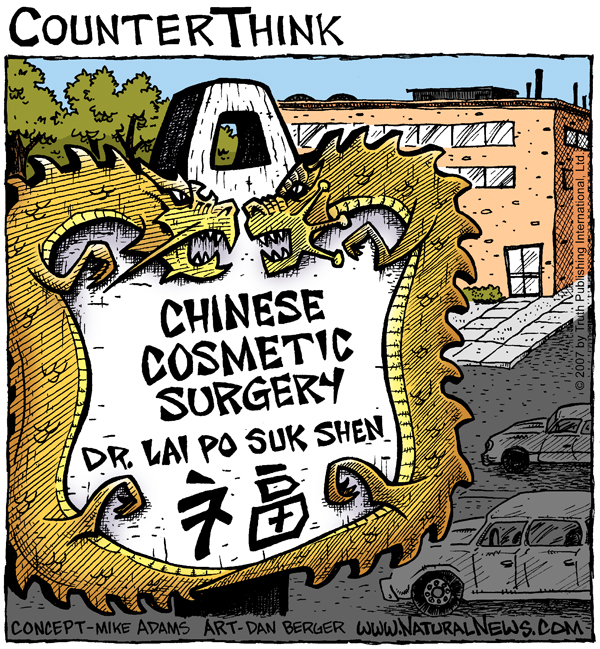
The Chinese government has received its share of praise for how it handled the earthquake, but it is now getting criticism for a couple things, the first of which is the shoddy construction of schools in the area.
"Tofu" buildings have been singled out as a major reason for the (unnecessary) deaths of schoolchildren, and corrupt officials are being blamed for it. Worse yet,
protesting parents have been strong-armed by government officials. There will probably never be a proper inquiry into the issue, and that's flat-out wrong. Whatever criticism goes China's way for that will be deserved.
But recently articles like
this, which was featured on the main webpage of the New York Times two days ago, are cropping up blaming China for poor earthquake preparations. I dislike these pieces because they're all of the "I-told-ya-so" variety. These articles could be republished with a few edits after every catastrophic event. In hindsight,
of course more could have been done to limit the damage from a natural disaster.
If you're going to write something like that, maybe look ahead (and maybe even go out on a limb and make a prediction) and bring up the case of Vancouver, another city in a major earthquake zone. The international community is effectively pushing the construction boom there with the upcoming Winter Olympics, and Richmond, one of the city's largest suburbs (and home of the city's airport), is
below sea level. If there's an earthquake and it crumbles into the ocean, everyone's going to be up in arms again saying "I told you so".







